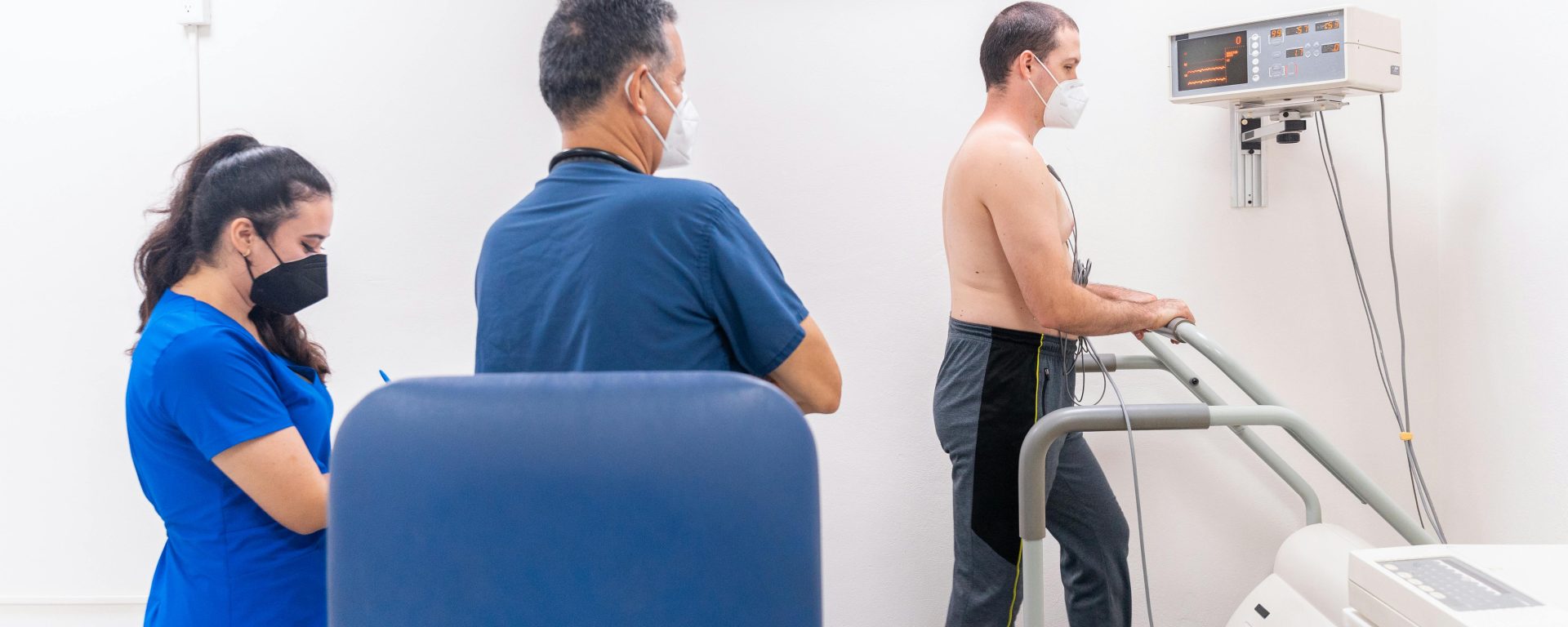In 2014, a study led by Bandi Hari Krishna and colleagues sheds light on the positive impact of yoga therapy on heart health, specifically in patients with heart failure. The research, conducted over 12 weeks, investigated how integrating yoga into standard medical treatment influences critical cardiovascular parameters, such as heart rate, blood pressure, and cardiac autonomic function.
Heart failure, a condition marked by adverse changes in autonomic function, is often linked to elevated blood pressure—a significant predictor of congestive heart failure and other cardiovascular diseases (CVD). The study aimed to explore whether yoga, known for its stress-reducing and relaxation-promoting properties, could offer measurable benefits to these patients.
A total of 130 heart failure patients participated in the study. They were randomly divided into two groups: 65 patients received standard medical therapy combined with yoga (yoga group), while the remaining 65 patients continued with standard medical therapy alone (control group). At the end of the 12-week period, 44 patients in the yoga group and 48 in the control group had completed the study.
The results were compelling. Patients in the yoga group showed significant reductions in heart rate, blood pressure, and myocardial oxygen consumption, as measured by the rate pressure product (RPP), compared to those in the control group. Additionally, there was a notable improvement in cardiac autonomic function among the yoga participants, as indicated by a significant decrease in the LFnu (low-frequency normalized units) and the LF-HF ratio, alongside a significant increase in HFnu (high-frequency normalized units). These changes suggest a shift towards enhanced parasympathetic activity and reduced sympathetic activity, which are crucial for heart health.
The study concludes that incorporating yoga therapy into the treatment regimen for heart failure patients, particularly those in the early stages (NYHA I & II), can lead to substantial improvements in heart function. These findings highlight yoga as a valuable complementary therapy in the management of heart failure, offering hope for better patient outcomes.
Reference: Krishna, B. H., Pal, P., Pal, G. K., Balachander, J., Jayasettiaseelon, E., Sreekanth, Y., & Gaur, G. S. (2014). Effect of yoga therapy on heart rate, blood pressure and cardiac autonomic function in heart failure. Journal of clinical and diagnostic research: JCDR, 8(1), 14.
